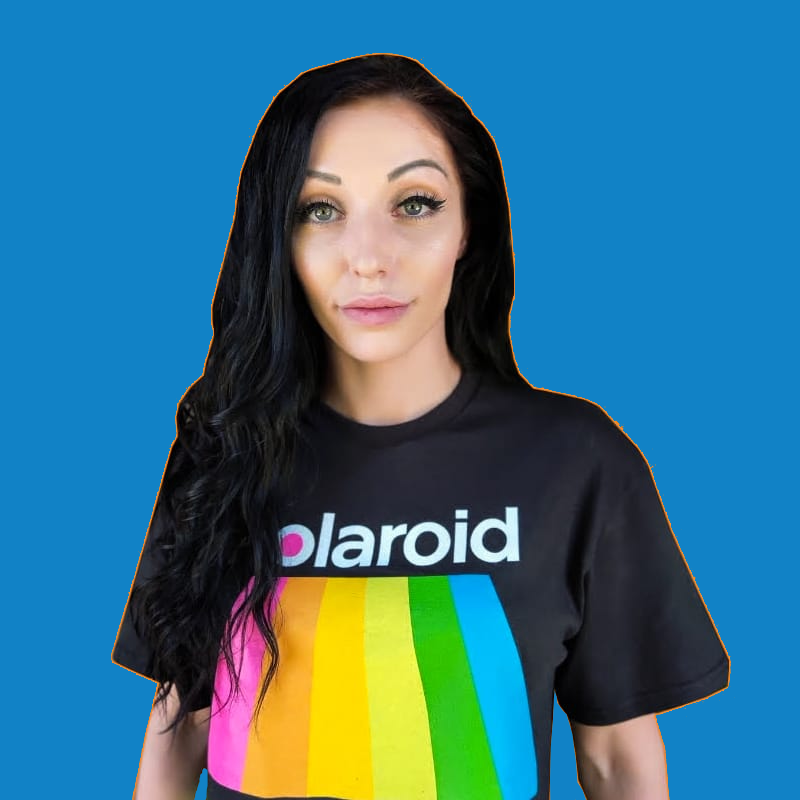
Influencer-generated Content | The Rise Of Influencer Marketing
Social media has dominated our lives in the current digital era. We frequently view YouTube videos, peruse TikTok trends, and read through Instagram feeds. Influencer marketing is a new type of advertising that has evolved with the growth of these networks. With the help of famous people—known as influencers—brands can now work together to connect with their target audience more engaging and realistically.
Influencer-generated content is the cornerstone of influencer marketing. Influencer-generated content harnesses the power of storytelling and personal experiences, in contrast to traditional forms of advertising, which frequently feel forced and disassociated from the reality of the customer. With their capacity to relate to and identify with their followers, influencers have emerged as the new trendsetters and reliable sources in the digital sphere.
Changes in Influencer Marketing
Since its start, influencer marketing has advanced significantly, developing with the explosive rise of social media platforms and the shifting dynamics of consumer behavior. Influencer marketing at first mainly relied on celebrity endorsements and partnerships with specialists in the field. However, the concept of influence began to transcend conventional limitations with the rise of social media, which caused a fundamental change in how brands interact with their target market. With the growth of social media sites like Instagram, YouTube, and TikTok, people now have a global platform for expressing themselves, sharing their passions, and meeting others with those interests. As a result, regular people with captivating tales, distinctive viewpoints, and specialization in particular fields gathered sizable followings and became influencers.
These influencers were more relatable, approachable, and frequently viewed as more trustworthy by their followers than traditional celebrities. They developed real connections and communities based on like-minded interests and experiences by producing original material. Brands started utilizing the influencer marketing strategy after realizing how much sway these people had over their following.
Influencer marketing's initial phases mainly consisted of sponsored postings and endorsements. Influencers and brands would work together to promote each other's goods and services through social media posts. Influencers were frequently paid for their promotional efforts in these one-time contracts with brands. However, as influencer marketing gained popularity, corporations began to see the possibility of more substantial and meaningful partnerships. Long-term alliances and brand ambassadorships became more common during the next stage of influencer marketing's development. Influencers became brand ambassadors for brands when they developed long-term ties with them and persistently promoted their goods or services. Influencers could now more easily relate to the brand's beliefs, incorporate items into their daily life, and produce content that appeared more natural and seamless due to this change.
The Influence of Authenticity
The power of authenticity is one of the main factors fueling the growth of influencer-generated content. Consumers need to become increasingly trusting of conventional marketing strategies in an age overrun by commercials and sponsored content. They want open communication with brands and sincere ties. By injecting authenticity into brand advertising, influencer-generated content provides a welcome alternative.
Influencer-generated material presents a more relatable and natural experience than standard commercials, which can feel contrived and disconnected. By sharing their own experiences, thoughts, and adventures, influencers have grown their fan bases and gained the trust of their audience. Influencers' use of brand-related content in their narratives makes it appear more organic and less like an outright advertisement.
Credibility grows from authenticity. We judge influencers based on their followers as sincere experts and enthusiasts in the fields in which they specialize. Influencers connect more deeply with their audiences when discussing their satisfied use of a good or service. In a time when consumers look for advice and assurance before making purchasing decisions, this degree of trust is priceless. Additionally, influencer-generated material frequently blends with the influencer's particular content style. Instead of interfering with the flow of their regular articles or videos, the content melds seamlessly with their overall content themes. As a result of this integration, the audience has a seamless and immersive experience that makes the brand advertising seem less invasive and more genuine.
Beyond fostering trust, authenticity has powerful effects. It promotes engagement as well. Influencers have built up communities of fans that actively engage in discussions, express their opinions, and ask for guidance. Influencers can encourage followers to interact with their content by producing accurate material that authentically represents a company or its products. The relationship between the influencer, the brand, and the audience becomes stronger through this engagement, which might be comments, likes, shares, or direct messages.
Trust and Engagement Building
Building trust and encouraging connections between companies, influencers, and their audience is one of the primary benefits of influencer-generated content. In a time when consumers constantly come across marketing messages, trust has become a rare and expensive resource. Consumers now go to influencers for advice and recommendations because of their honesty and capacity to establish personal connections.
First and foremost, influencers have built devoted fan bases that genuinely respect and value their knowledge and perspectives. This trust gradually develops through constant, high-quality information and open communications. Influencers' followers view the promotion of a company or its goods as real endorsements rather than sponsored advertisements. The likelihood that followers will try products or services recommended by influencers they trust substantially impacts consumer purchasing decisions.
Influencers frequently test and analyze the goods and services they recommend. Their accounts and genuine reviews lend credibility to their suggestions. Influencers know their reputation is at stake and are careful to associate exclusively with companies fulfilling their commitments. This dedication to honesty and integrity strengthens the trust between influencers and their audience.
Increasing Impact and Pursuing Niche Markets
Brands may efficiently target particular niches and reach new consumers by using influencer-generated content. By working with influencers aligned with their target market, brands can reach prospective customers who might have yet to be exposed to their products or services through conventional advertising channels.
Influencers frequently have a thorough awareness of their followers' demographics, interests, and preferences. Thanks to this understanding, brands can now customize their messaging and provide content that appeals to the target market. As a result, the influencer-generated range has established itself as a successful method of boosting brand recognition and reaching new consumers.
Influencer-Generated Content's Future
Influencer-generated content will become more and more important for brand promotion as influencer marketing develops. Due to technological breakthroughs like augmented reality and virtual reality, influencers will have even more creative tools to create captivating content. For brands to remain relevant in the rapidly evolving digital market, they must modify their strategy and work with influencers.
Influencer-generated content has completely changed the marketing landscape by utilizing the power of authenticity, fostering engagement and trust, and extending brand reach. Influencers now play a significant role in consumers' purchasing decisions as social media continues to take over our lives. Brands may use this trend to develop persuasive marketing campaigns and spur company growth in the digital age by realizing the value of influencer-generated content and forging meaningful partnerships with influencers.


























